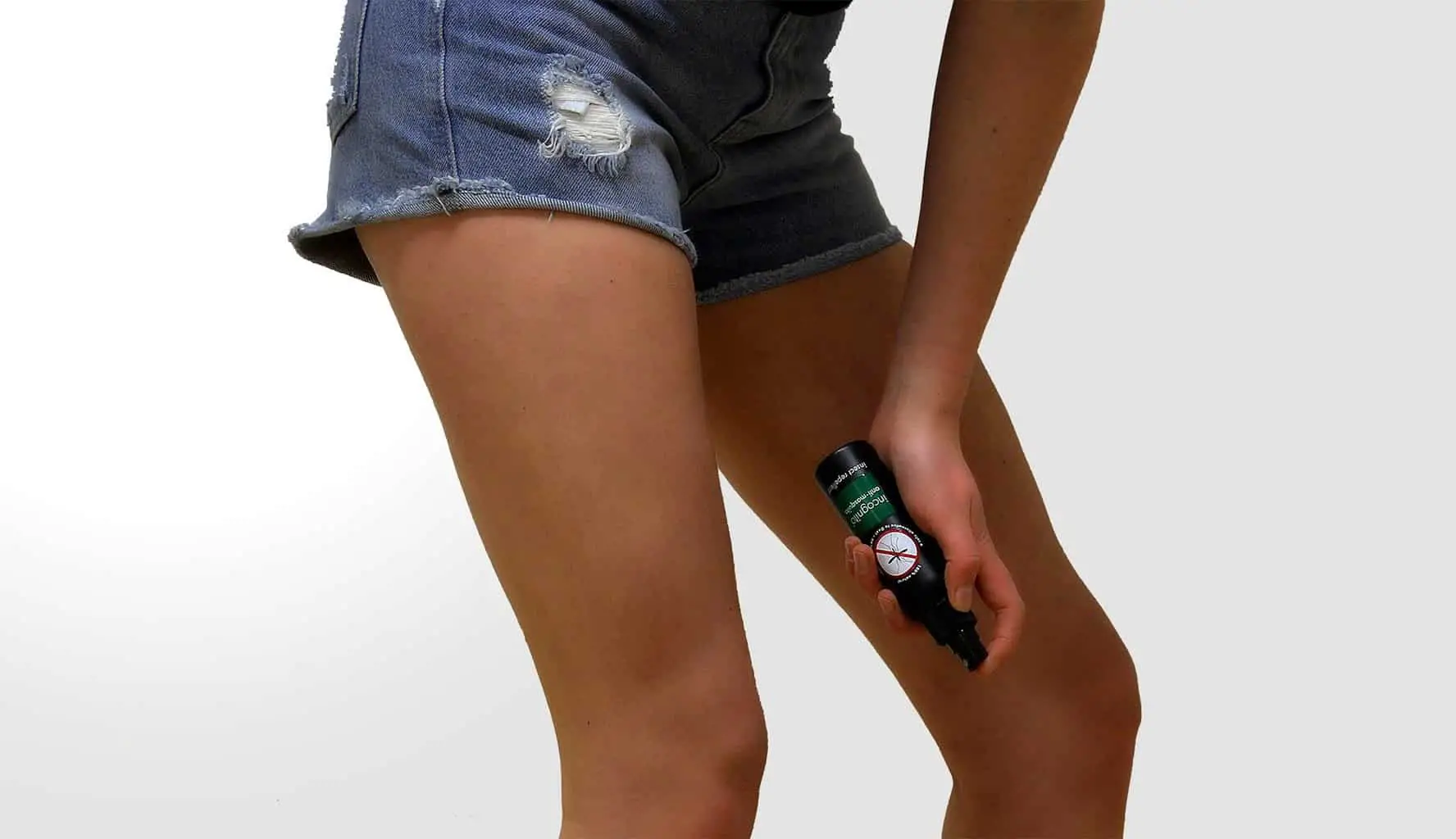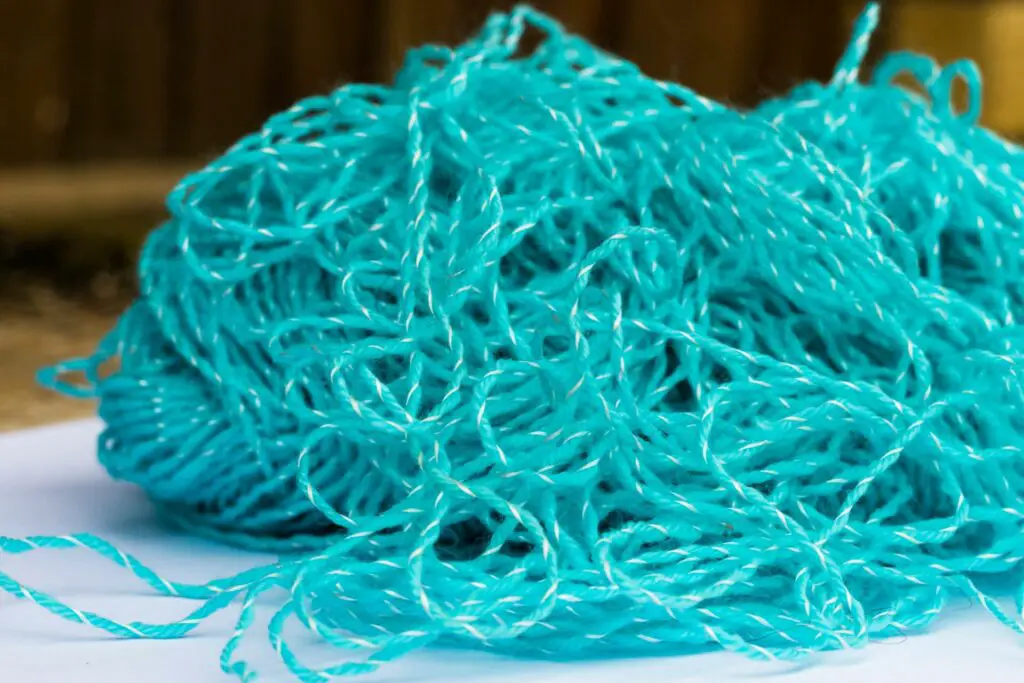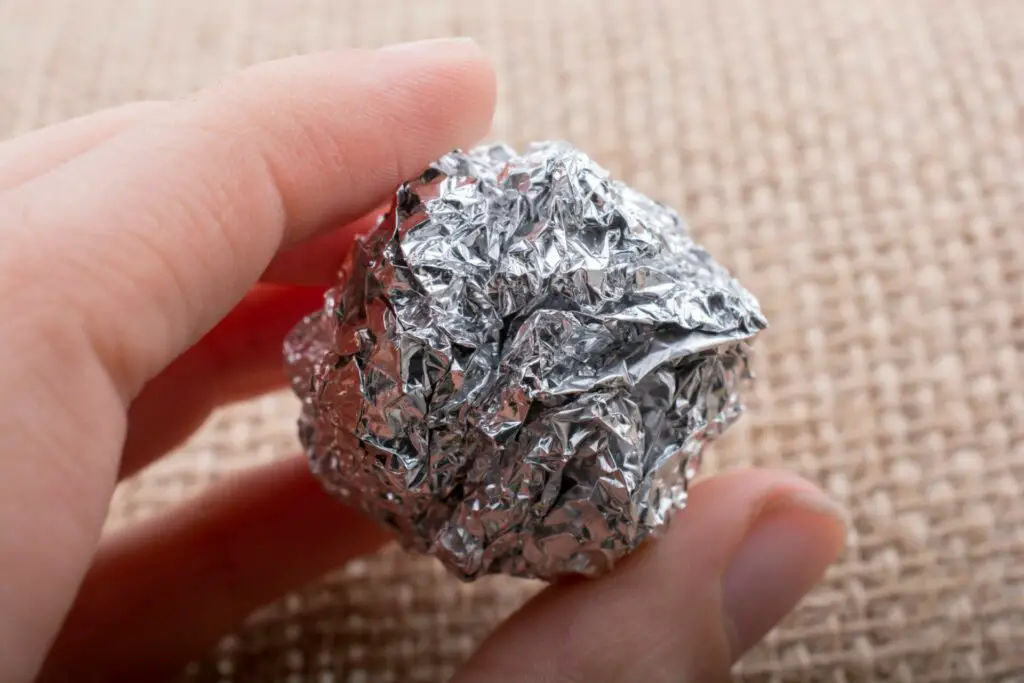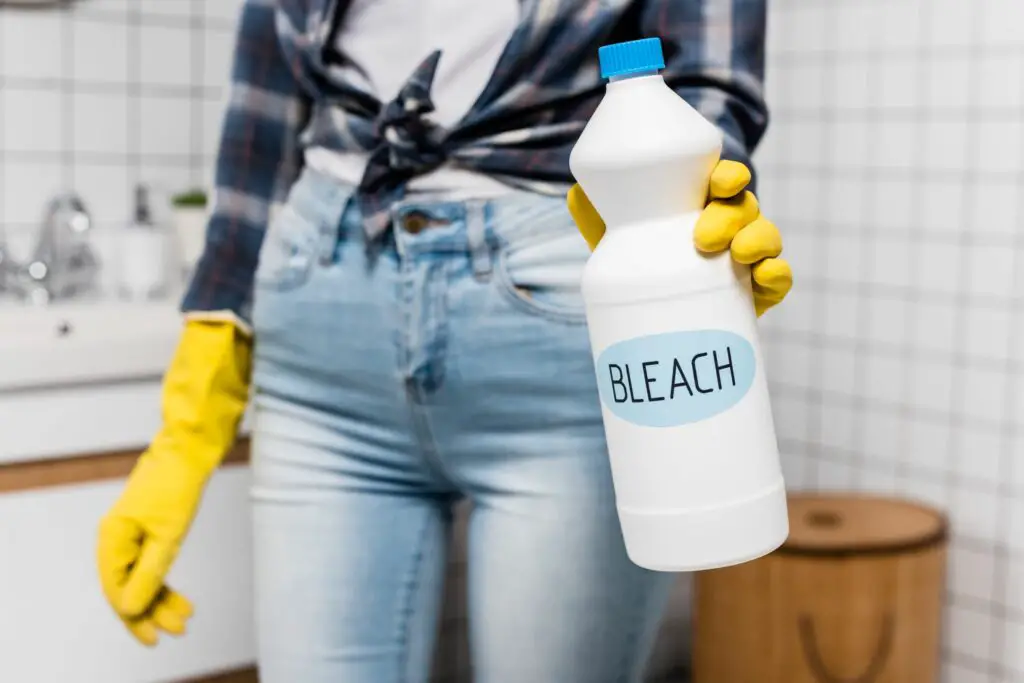Imagine a beautiful summer evening. Maybe you have gathered by the campfire, or perhaps you are taking a hike. There are clear skies and gentle breezes.
There are also lots of insects.
Before you reach for the insect repellent, you may find yourself hesitating.
Is bug spray safe?
Is natural bug spray an effective alternative?
In this article, we will look more closely at insect repellent in order to make the best decision possible for our bodies and our planet. The topics will include:
- Overview of bug spray
- Problems with insect repellent
- Alternative insect repellents
- Effectiveness of natural bug sprays
- Safety concerns
How Does Insect Repellent Work?
Since many bugs are attracted to humans, they can make any time outdoors quite uncomfortable. During the pleasant weather, staying inside seems interminable.
Therefore, most people turn to insect repellents. This allows them to stay outside without being hindered by bugs.
Indeed, there are health concerns with insects as well. Insects carry a variety of diseases that can be dangerous or even fatal.
The most common bites come from the following insects:
- Mosquitos
- Ticks
- Ants
- Fleas
- Chiggers
- Spiders
- Flies
Insect repellent is designed to keep these pests at bay. There are two main types.
First, you can choose insecticides. Insecticides kill bugs to reduce their population concentration. Insecticides are usually applied to surfaces.
Second, you can look at repellents. Repellents can be applied to the skin.
These substances are intended to keep bugs at bay, and they disrupt the normal homing patterns that insects use to find humans.
What Is Wrong with Buy Spray?
While the idea of getting rid of bugs is inevitably appealing, the reality of bug sprays should raise some concerns.
After all, if a substance can effectively repel bugs, what is it doing to your body and the environment at large?
It should be noted that insect repellents sold in the United States are tested and approved by the EPA. Therefore, according to federal standards, these products are safe and effective.
Still, there is ample room for controversy. Many mainstream insect repellents utilize powerful chemicals like DEET.
DEET has been linked to various negative health side effects. Some studies have linked DEET to problems in the nervous system. Others have made connections to pediatric seizure activity.
DEET has been used widely since the 1940s. It was first developed for use by the army to help soldiers stay safe while overseas. In 1957, it was approved for general usage in the public.
There is evidence that DEET can be toxic to some animals like birds. Although the EPA deems DEET to be safe, it still registers on the agency’s toxicity scale.
DEET remains the most effective and most popular bug spray.
Other popular bug sprays include Picaridin.
Picaridin is thought to be an alternative to DEET, but it is also a synthetic chemical compound. In general, there are fewer side effects linked to Picaridin.
Picaridin is not widely known to be toxic to humans or the environment. It is derived from piperidine.
It seems to have little environmental impact, but long-term studies still need to be completed to fully understand its potential drawbacks.
There is some preliminary evidence that suggests picaridin may not be as safe as once thought. One study at the Cary Institute of Ecosystem Studies discovered that picaridin sprays linger in aquatic systems.
Picaridin may create an imbalance in mosquito populations. More disturbingly, it may increase deformities in young salamanders. It could even increase mortality rates for the lizards.
More research needs to be done. Until then, there are plenty of reasons to question the use of both picaridin and DEET in your outdoor routine.
Is There Natural Insect Repellent?
Given the risks associated with standard insect repellents, many people are hesitant.
However, going outside without insect protection is also inadvisable. Insect bites pose significant risks.
You do not have to choose between a rock and a hard place. Instead, you can look for safer alternatives.
Natural insect repellents offer protection from bugs without the side effects of synthetic chemicals.
To that end, there are natural insect repellents on the market. Many of these options rely on plant sources, and they have found popularity with health-conscious consumers.
One example is peppermint oil. Peppermint is an essential oil that has traditionally been used to relieve inflammation. It can ease muscle and joint pain.
With its strong, distinctive smell, it is probably no surprise that peppermint oil has other uses. As it turns out, it repels bugs. Peppermint oil is natural, which means it can keep you safe with minimal irritation or side effects.
Another natural option comes from tea tree oil. Like peppermint oil, this is also an essential oil. It is best known for promoting clear skin.
This oil shows a lot of promise as a bug repellent. One study documented the effect of tea tree oil on cows.
The results showed that cows treated with tea tree oil had 61 percent fewer flies than their counterparts.
Check out this easy guide to make your own DIY natural bug spray with natural oils.
Other oils may also be viable for natural bug repellent. Citronella is an essential oil that is widely recommended for bug control. It can be used in sprays, lotions, candles and more.
Studies have shown that citronella can provide quality protection for up to three hours. However, these studies did conclude that citronella could not provide protection on par with DEET.
Even so, for casual contexts, citronella products are likely to be just fine. It is safe to use citronella for your next backyard barbecue, baseball outing or more.
Other bug repellents on the market are made with eucalyptus. This essential oil is similar to peppermint in that it has a very strong smell. Lemon eucalyptus oil is approved by the CDC for use as a bug repellent.
This means that eucalyptus is both safe and effective. Given its additional health benefits, it may be worth your while to invest in some for your summer lifestyle.
There are also some less conventional ideas for insect repellent. You can skip sprays and oils altogether and simply buy fabrics that are treated with bug repellent.
In most cases, these fabrics are treated with Permethrin. While Permethrin is effective at warding off bugs, it is a synthetic chemical. This means it is not natural.
However, Permethrin is related to pyrethrum. Pyrethrum is a natural product. Permethrin is synthetic, but its structure closely resembles the natural source.
Permethrin is not technically natural, but pyrethrum clothing products can be a viable option. It is worth noting that research is still ongoing to gauge any possible health or pollution side effects.
The problem with treated clothing is that the effectiveness wears off with washing. Most garments are tested for 70 washes. After that, their effectiveness is not guaranteed.
While many people think of oils, lotions or sprays for their bug protection, there are other options. There are electronic, ultrasonic bug repellents on the market. These options do not contain toxic chemicals.
However, electronic components pose some risk of shock. The long-term effect of ultrasonic sounds on human health are also unknown.
What Is Biodegradable Insect Repellent?
As we discuss natural insect repellent, it is important to be clear. Natural bug repellent is made from natural sources. It includes no synthetic chemicals.
However, the question of biodegradability looks at bug spray differently. If you are looking for a biodegradable product, then you want something that will naturally decompose when released into the environment.
Therefore, some products can be natural but not biodegradable. Similarly, it is possible for products to be synthetic and biodegradable.
Why does this matter? Bug spray may be intended for your skin, but it affects other parts of the environment as well.
Bug spray can be dispersed into the air as an aerosol, which means it can land on plants and other lifeforms.
Moreover, bug spray will wash off and get into the water supply. This means that everything from the water and soil can be affected by your choice of bug spray.
If you pick an option that does not degrade, then what happens to it? How long will these substances stay in the environment? Are there potential risks from these products?
First, consider DEET and Picaridin. One problem with these traditional bug sprays is that they do more than kill pests. They cause harm to other parts of the environment.
As these chemicals break down in the environment, they get in the soil and water supply. This can cause chain reactions in the food web.
In particular, the science on DEET is quite telling. While it does break down in the environment, it does so slowly. It is commonly found in water supplies throughout the country.
Worse, the EPA has deemed DEET slightly toxic to animals who rely on these waterways. In this way, the biodegradability of DEET and Picaridin can cause more harm than good.
Are Natural Bug Sprays Biodegradable?
It is also necessary to look at natural insect repellents for biodegradability. Since these oils have botanical sources, they are inherently better for the environment.
The potential biodegradability of these oils has prompted their use in a variety of contexts.
For example, essential oils are being considered as an additive in food packaging. Essential oils can be added to such packaging without hindering the biodegradability of the packaging.
Overall, essential oils are noted for having a shorter shelf life. This means that their natural properties will start to break down quickly.
This fact is one reason why essential oils still lag behind synthetic chemicals in terms of popularity. The easy decomposition of such oils limits their effectiveness in usage. DEET and picaridin last longer, which means they are more effective over time.
Essential oils, by contrast, do not last as long and biodegrade more rapidly. The environmental trade-off is one that everyone must consider.
Do Natural Bug Sprays Work?
When looking at insect repellent, efficacy is everything. There is no point in using an insect repellent that does not effectively keep bugs at bay. Safety must be paired with efficacy.
In general, experts agree that synthetic bug sprays are more effective. The issue with some natural insect repellents is that they are not regulated by the EPA.
This indicates that the EPA deems these oils completely safe. However, it also means that there is no regulating body testing their usefulness.
Natural bug sprays must be reapplied more often, and they may not protect as well against specific insects.
To determine efficacy, you must also think about the pests from which you want protection. Different products deter different pests.
For example, lemon eucalyptus oil is best for mosquitoes. It has been shown to last for up to six hours before reapplication is necessary.
Citronella is also recommended for mosquitoes. When used in a candle form, it is notably less effective at dispersing congregating bugs.
If you are thinking about clothing sprayed with insect repellent, then be aware that it is best for ticks and mosquitoes. It offers minimal protection against flies.
Such clothing should be washed separately from other clothing, and it is recommended to use clothing in combination with other sprays or lotions for full protection.
Other oils have other degrees of efficacy. Peppermint oil may last for more than two hours.
This protection is real, but it is limited in comparison to synthetic options. In the right concentrations, DEET can offer protection from insects for 12 hours. Picaridin can also last for 14 hours when applied as a lotion.
Is Natural Insect Repellent Safe?
If it was just a question of efficacy, then this exploration would probably be unnecessary.
However, we have already documented the potential risks of chemical insect repellents. We should now examine whether natural bug sprays are safe.
The answer is yes. While some natural bug sprays go untested by the EPA and are not regulated, others do get approval. This means they are tested for both safety and effectiveness.
The EPA has tested lemon eucalyptus oil extensively. It is considered a biopesticide. This means that it works to ward off bugs without causing harm.
However, products with peppermint or citronella have not been tested by the EPA. They are allowed to be sold because their ingredients do not contain anything toxic.
Essentially, there is no need to test them further because their applications are benign.
While this means they are not toxic, it does not mean that you cannot have adverse reactions to such products. Natural insect repellents can and do cause allergic reactions and skin irritations.
Still, these risks are minimal and minor. Natural insect repellents offer more benefit than harm in most cases.
It is simply important to balance the safety concerns with efficacy in order to choose the right product for your needs.
Conclusion
Insect repellent is critical for safe and comfortable outdoor living. However, you should not trade one type of personal safety for another.
By choosing natural insect repellent instead of traditional chemical formulas, you can keep yourself safe from bugs while minimizing your risk of complications.
You Might Also Like…
- Is Fast Food Bad for the Environment? (& What You Can Do)
- Is Fabric Softener Bad for the Environment? (+5 Eco-Friendly Options)
- Is Fuel Dumping Bad for the Environment? (& How Often It Happens)
- Is Electricity Generation Bad for the Environment? (What You Should Know)
- Is Dry Cleaning Bad for the Environment? (4 Surprising Facts)
- Is Diamond Mining Bad for the Environment? (Important Facts)
- Is DEET Bad for the Environment? 4 Effects (You Should Know)
- Is Cat Litter Bad for the Environment? (5 Common Questions)
- Is Burning Cardboard Bad for the Environment? (6 Facts)
- Is Burning Paper Bad for the Environment? (6 Surprising Facts)
- Is Burning Leaves Bad for the Environment? (7 Quick Facts)
- 4 Natural Cleaners for Quartz Countertops
- 6 Eco-Friendly Acrylic Paint Brands (For Sustainable Artists)
- 5 Eco-friendly Alternatives to Acrylic Paint (& How to Make Them)
- Is Acrylic Paint Bad for the Environment? (7 Quick Facts)
- Is Acrylic Yarn Bad for the Environment? 8 Crucial Facts
- Is Acrylic Bad for the Environment? (8 Quick Facts)
- Is Aluminum Foil Bad for the Environment? 7 Quick Facts
- Is Bleach Bad for the Environment? 6 Crucial Facts
- Is Lithium Mining Bad for the Environment? 6 Crucial Facts































